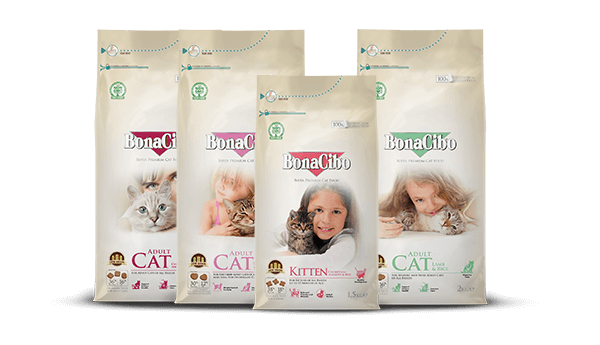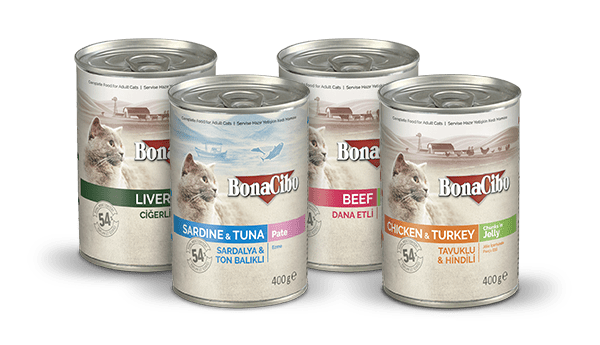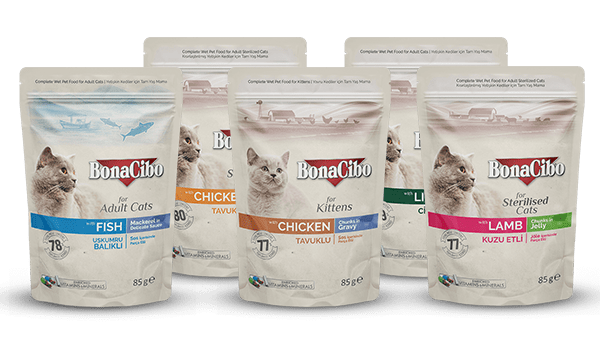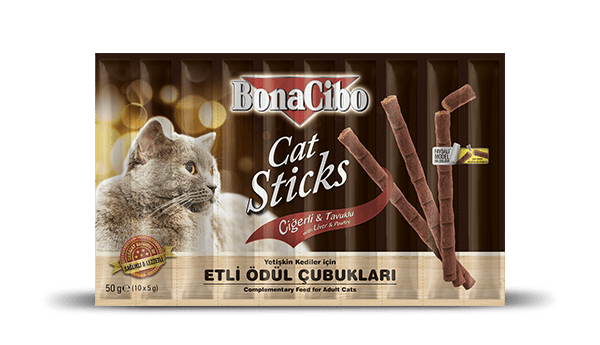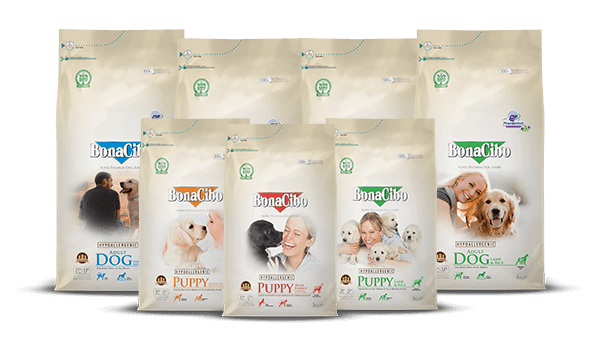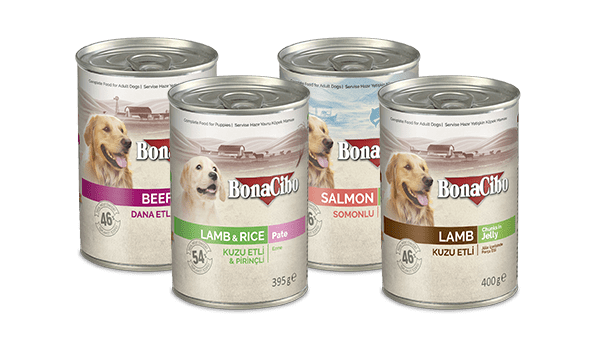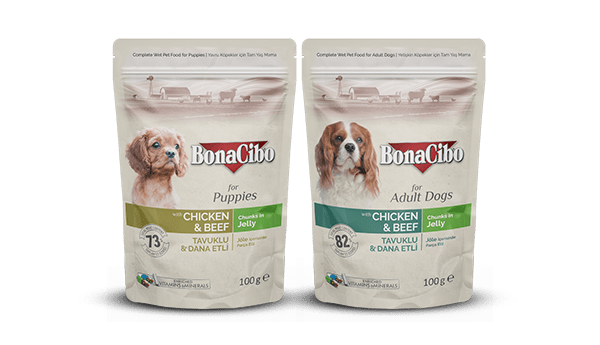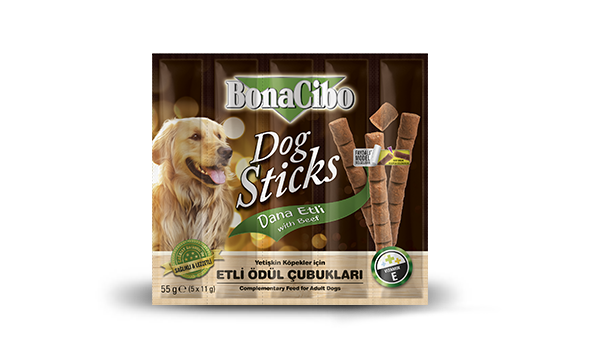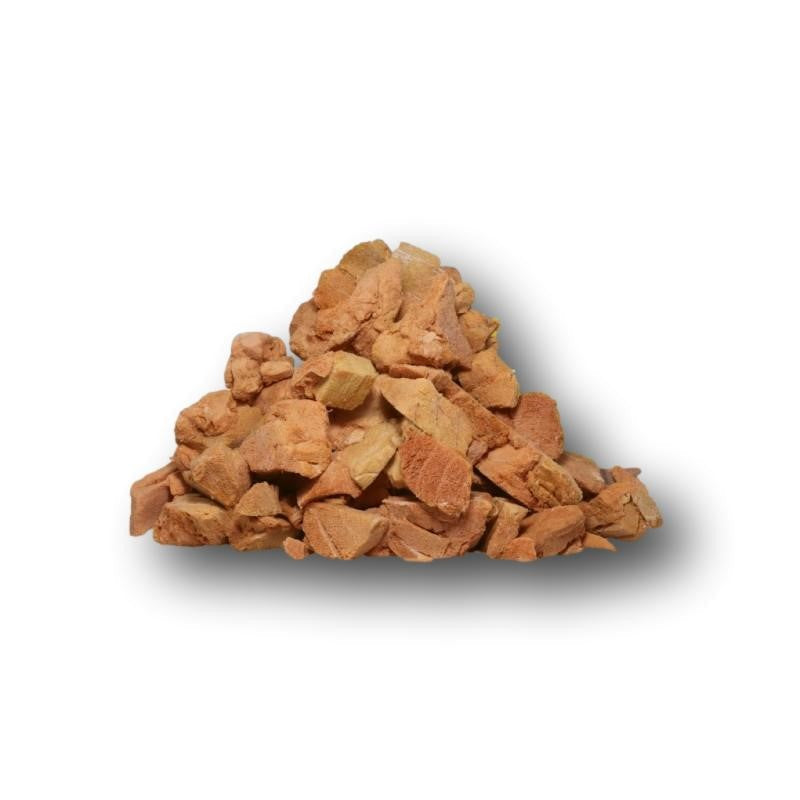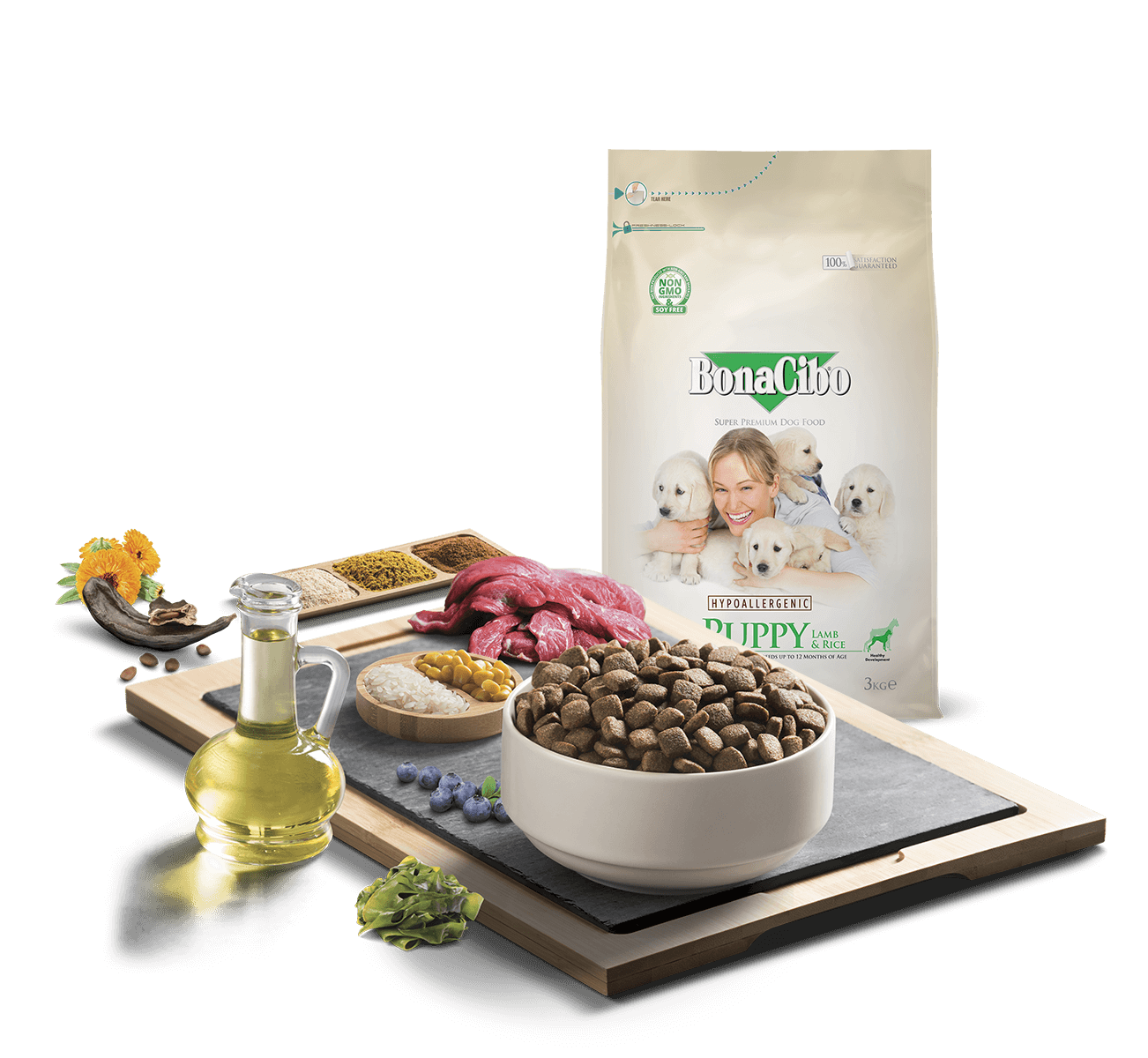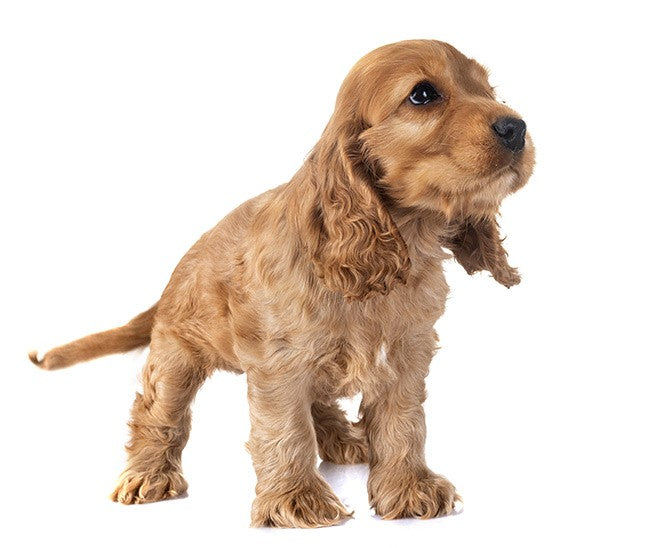Glucosamine and chondroitin are naturally occurring nutrients which are involved in the production of cartilage within joints. Cartilage is continually being broken down and rebuilt in the body, and these nutrients are essential to ensure that he building process continues and the breakdown is not excessive. In most healthy adult dogs there is sufficient produced by the body however, in some dogs additional supplementation via the food is necessary. Most of the Cagatay dog foods contain both nutrients, with raised levels in the food for large breeds, Whilst additional supplementation with pills and powders is not necessarily harmful, as excess is excreted in the urine, it can be a waste of money.

